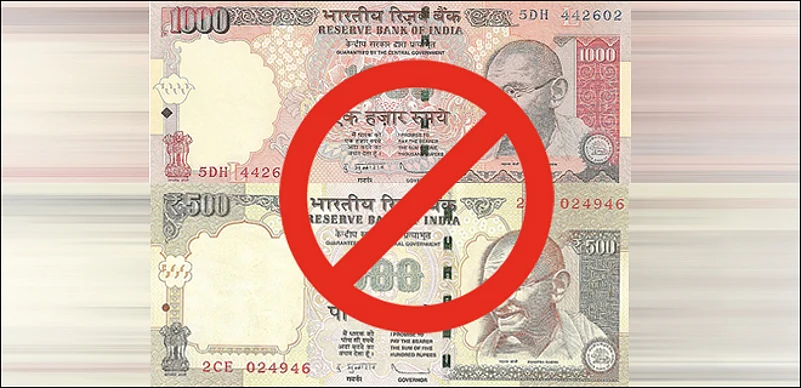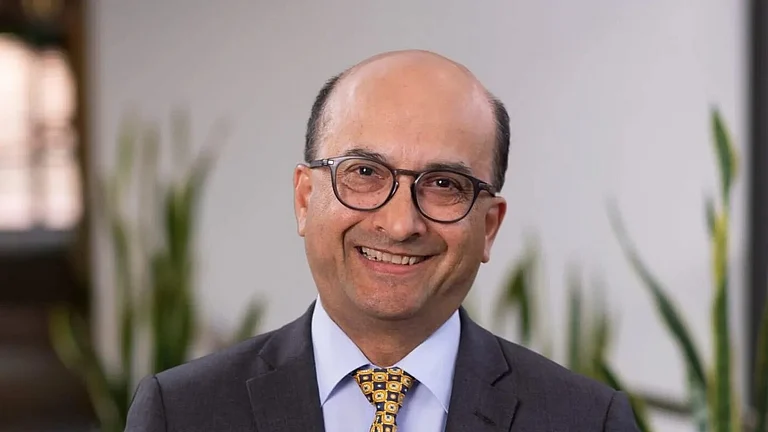The media, social media and every other public platform exploded after 8 PM on November 8 when Prime Minister Narendra Modi announced immediate (by midnight) banning of currency notes in the denomination of Rs 500 and Rs 1,000. No one saw this coming and within minutes long queues formed outside ATMs and petrol pumps. Scenes resembled as if there had been a run on the banks and public services.
I am writing this after almost 36 hours of the announcement and after scanning the English media and how people are reacting to it on Twitter, Facebook, et al. This move has been hailed by most netizens barring a few as being the gamechanger and answer to all the ills that black money has brought in the country.
But question to be asked is, are majority of the people who eke out an honest earning everyday being penalized for no fault of theirs? India is no Sweden remember, where barely 20 per cent transactions in shops are in cash. India still remains a cash economy for want of technological progress outside big cities.
After the announcement that evening, there was chaos at parking lots with people trying to save their small change by trying to pay through notes of 500 and 1,000. As for my own experience, I proceeded to the nearby mom and pop shop to buy milk only to be turned away as they too had stopped accepting Rs 500 and Rs 1,000 notes. Then I drove 3 kilometeres to the nearest high-end departmental store to buy milk through my credit card.
More chaos was in store the next morning on November 9 when the house help came howling saying she had only Rs 100 in cash and needed more to buy her daily groceries. Pertinent to remind that people belonging to her economic class don't buy things in huge quantities for want of refrigeration and of course lack of liquidity.
I then strolled to the nearby shop to check the situation only to find it completely deserted. The Amul milk van had been turned away and same was the case with vehicles that bring bread and eggs.The move to curb black money is all good but why couldn't it have happened in phases, like first removing the Rs 1,000 notes from the system and then Rs 500. That would have eased things for the most economically weaker sections.
And most importantly, is black money in the country only stacked up in currency bundles? Has the real estate sector been cleaned up? Many states are yet to even set up the regulator six months after Parliament passed the The Real Estate (Regulation and Development) Act, 2016. A few days ago Gujarat and Uttar Pradesh went as far as changing the definition of what qualifies as "ongoing"; as in they have excluded projects that are currently underway--a key requirement that the Centre had envisaged.
And the less said about the gold the better. The government acceded to the demand of jewelers to remove 1 per cent excise duty on gold items. Their problem was not the marginal duty that had been imposed. It was more to do the declaration to be done through paperwork.
Yes, no big change can come without some discomfort but ask those who lost out on their daily wage and will lose much more in coming days while standing in queues for getting the notes exchanged.
As for the big fish, a builder in Gurugram confided in me that he plans to make his 100 plus labour force to go to banks every day multiple times to get Rs 4,000 exchanged over the counter! It is still early days for the success of the scheme.





























